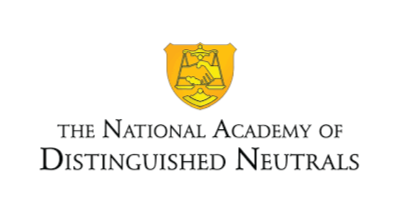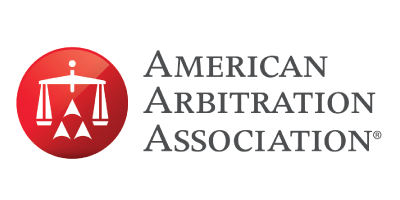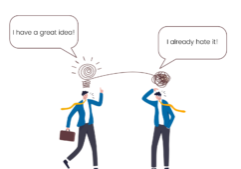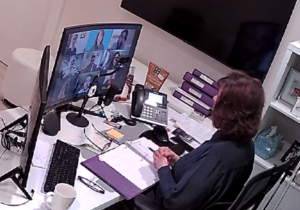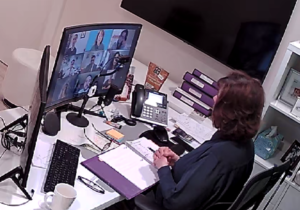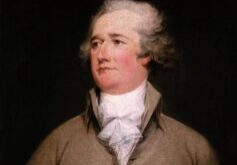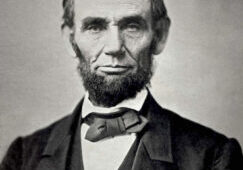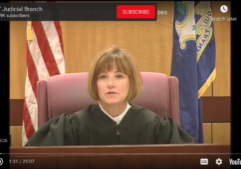Cognitive Bias? Not Me!
by Judge Elaine Gordon (ret.)

Elaine Gordon is a retired Superior Court judge and founder of Gordon ADR. She is a member of the National Academy of Distinguished Neutrals and a Distinguished Fellow of the International Academy of Mediators.
As lawyers we spend a lot of time trying to evaluate the likely outcome of our client’s case. We sift through the evidence and study the law. We talk to our colleagues and debate valuation. We try to determine the likelihood of our desired outcome in the face of an uncertain trial or arbitration.
We also try to figure out if we should mediate or settle the case and on what terms. We proceed with confidence in the logic of our opinions and analysis. But forty years of research by behavioral economists has shown that, when it comes to assessing the probability of an uncertain outcome, our analysis may not be logical and may very well be wrong. Welcome to the fascinating world of cognitive bias.
As powerful as the brain may be, it is still subject to limitations. In order to solve problems and make judgments quickly, our unconscious brain uses shortcuts known in psychological terms as heuristics. While they may be helpful in some situations, heuristics can also lead to systemic errors in thinking known as cognitive bias. This bias affects the decisions and judgments we make.
In a mediation, an experienced mediator will try to help lawyers and clients think about their cases in alternative ways, in part to uncover whether unconscious, cognitive biases have affected their case assessment.
Here are a few cognitive biases which can influence your thought process as you work. Remember, they are unconscious, so when you prepare your case you have to make a deliberate effort to counter them. Confirmation Bias When we talk about lawyers, we call this advocacy bias.
Confirmation Bias:
Causes us to favor information that confirms our existing beliefs and ignore information that challenges them.
Availability Bias:
If something comes to mind more easily, we believe it is far more common and more accurate than it really is.
Certainty Bias:
Most people are overly certain when making assessments about probable outcomes. As a group, lawyers are particularly likely to be overly certain in their estimate of probable outcomes in litigation.
Competitive Bias:
We tend to lose sight of our bottom line, or we grandstand for the other party due to the drama of the negotiation.
Reactive Devaluation:
We minimize the value of an offer or proposal from another party due to animosity toward the opposing party or concerns about their credibility or competence.
Anchor Effect:
When we make estimates we can be unconsciously influenced by a suggested reference point. The reference point is the “anchor” and research shows a high anchor will generate a higher estimate and a low anchor will do the reverse. But the influence of an anchor is not without limit. Studies have shown that extreme anchors are less inclined to influence estimates, particularly when we estimate about subjects with which we are familiar.
If you are interested in learning more about our cognitive fallibility and how to improve decision making, please consider the following books; Nudge by Richard Thaler and Cass Susstein; Thinking Fast and Slow by Daniel Kahneman; and Misbehaving by Richard Thaler. It may change the way you think!
You may also be interested in ...
